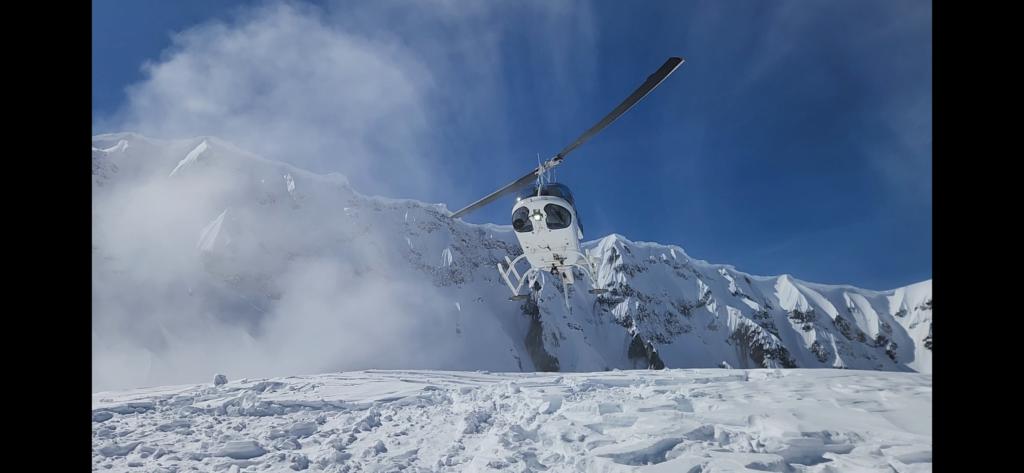A Washougal man is dead following a climbing accident on Mount St. Helens.
The Skamania County Sheriff’s Office reported Monday that a climbing group summiting St. Helens at 7 a.m. Saturday, March 30, near the Monitor Ridge climbing route had reported finding personal belongings, including a backpack and recording devices, and then seeing a motionless person lying within the volcano’s crater, nearly 1,200 feet below the summit.
“Near the personal belongings, a snow cornice (an overhanging rim of snow) near the rim fractured and fell into the crater of the mountain,” the sheriff’s office stated in a news release.
The sheriff’s office, along with the Yacolt-based Volcano Rescue Team and J & L Aviation Helicopters responded for a search and recovery mission.
“Members of the Volcano Rescue Team were airlifted to the crater of the volcano where they ascended on foot to the recovery location,” the sheriff’s office stated.


